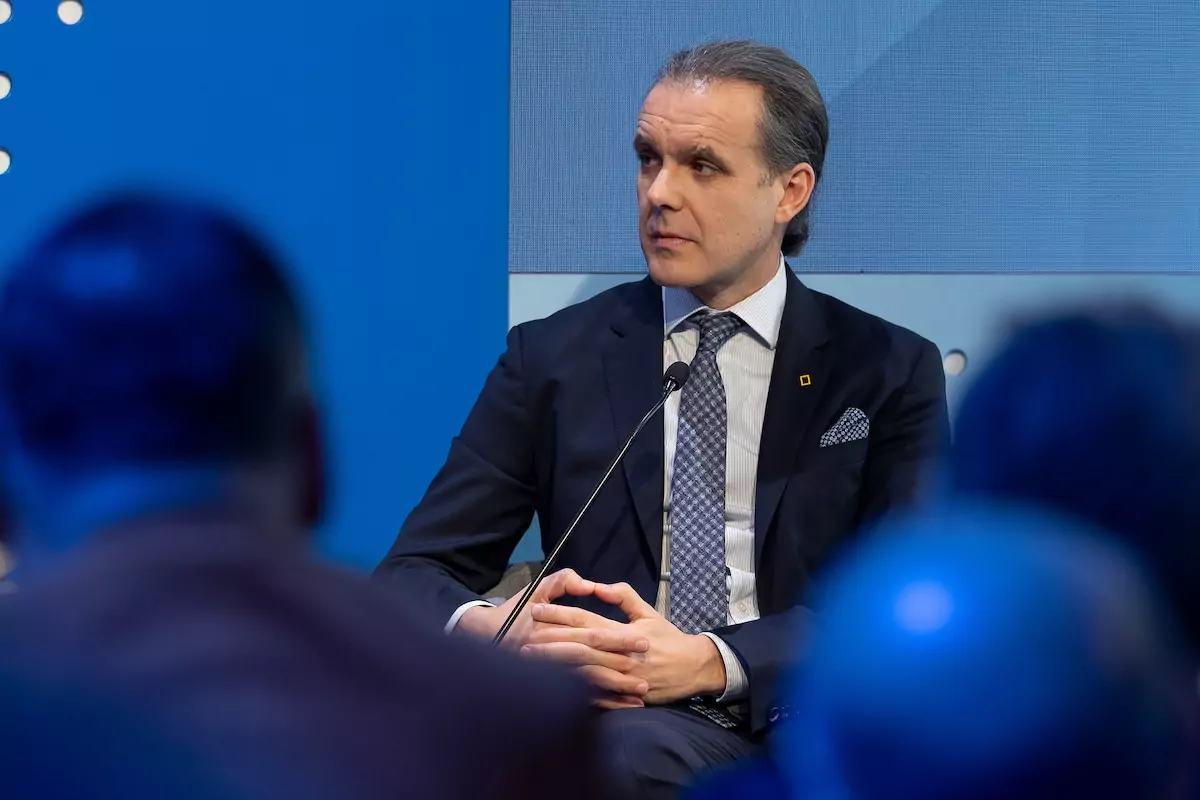As the UN Ocean Conference got underway in Nice, leading marine scientist and National Geographic explorer Enric Sala delivered a stark warning: the world is still falling short on real action to protect the oceans, despite a cascade of political promises.
Enric Sala, the founder of National Geographic’s Pristine Seas initiative and a key scientific voice behind Ocean with David Attenborough, issued a searing assessment of the first day of UNOC3. While praising the symbolic momentum, he criticised the substance behind many government pledges, calling them “window dressing”.
“We are hearing so many world leaders speak about the importance of ocean protection, but when it comes to action, they are falling short,” said Sala, who has led dozens of ocean conservation expeditions across the globe. “The commitments are rolling in, but many are nothing more than window dressing.”
Sala urged countries to go beyond rhetorical support and take bold, science-backed steps—particularly the phase-out of bottom trawling in marine protected areas (MPAs) and the creation of more fully protected zones. “Without a healthy ocean, fisheries will fail. The worst enemy of fishing is overfishing, not protected areas,” he warned.
Europe lagging behind pacific leadership on marine protection
While countries such as Greece and Sweden have announced full bans on bottom trawling within their MPAs, Sala criticised others—particularly France—for making “cosmetic” announcements that fail to enact meaningful bans on destructive fishing practices.
“The announcement today from France increasing protections in its metropolitan seas fails to materially increase the level of protection or enact any new prohibition on bottom trawling in MPAs,” he noted.
In contrast, Sala applauded Pacific island nations such as Tuvalu and Fiji for showing that economic size is no barrier to effective marine protection. “It’s inspiring to watch these ‘big ocean states’ rise to the challenge,” he said, calling their leadership proof that “closing large areas to fishing is not only compatible with sustainable fisheries, but essential to replenish them.”
The science—and public—are on the side of stronger action
Scientific consensus is clear: bottom trawling releases vast amounts of carbon dioxide and damages seabed ecosystems beyond repair. The practice, featured in Sala’s recent film Ocean with David Attenborough, has been widely condemned for its environmental and ethical impact.
Sala reiterated that there is still time for world leaders gathered in Nice to “do the right thing” and adopt science-backed reforms that benefit not only the environment, but coastal economies and global food security. “Marine protected areas make sense for countries, economies, and fisheries,” he said. “And bans on wasteful practices like bottom trawling in MPAs are a no-brainer.”
The race to 30×30 continues
The call to protect 30% of the ocean by 2030—known as 30×30—remains the global benchmark. A new study published in Marine Policy just days before UNOC3 found that the world needs to designate 85 new marine protected areas every day to meet that target. With the clock ticking and political attention focused on Nice, Sala’s intervention is a reminder that declarations alone won’t deliver the ocean’s future.
See also:
Monaco Life is produced by a team of real multi-media journalists writing original content. See more in our free newsletter, follow our Podcasts on Spotify, and check us out on Facebook, Instagram, LinkedIn and Tik Tok.
Photo of Enric Sala, Explorer-in-Residence, National Geographic Society, USA; Young Global Leader, speaking in the What’s at Stake: Our Ocean session at the World Economic Forum Annual Meeting 2020 in Davos-Klosters, Switzerland. Credit: World Economic Forum
